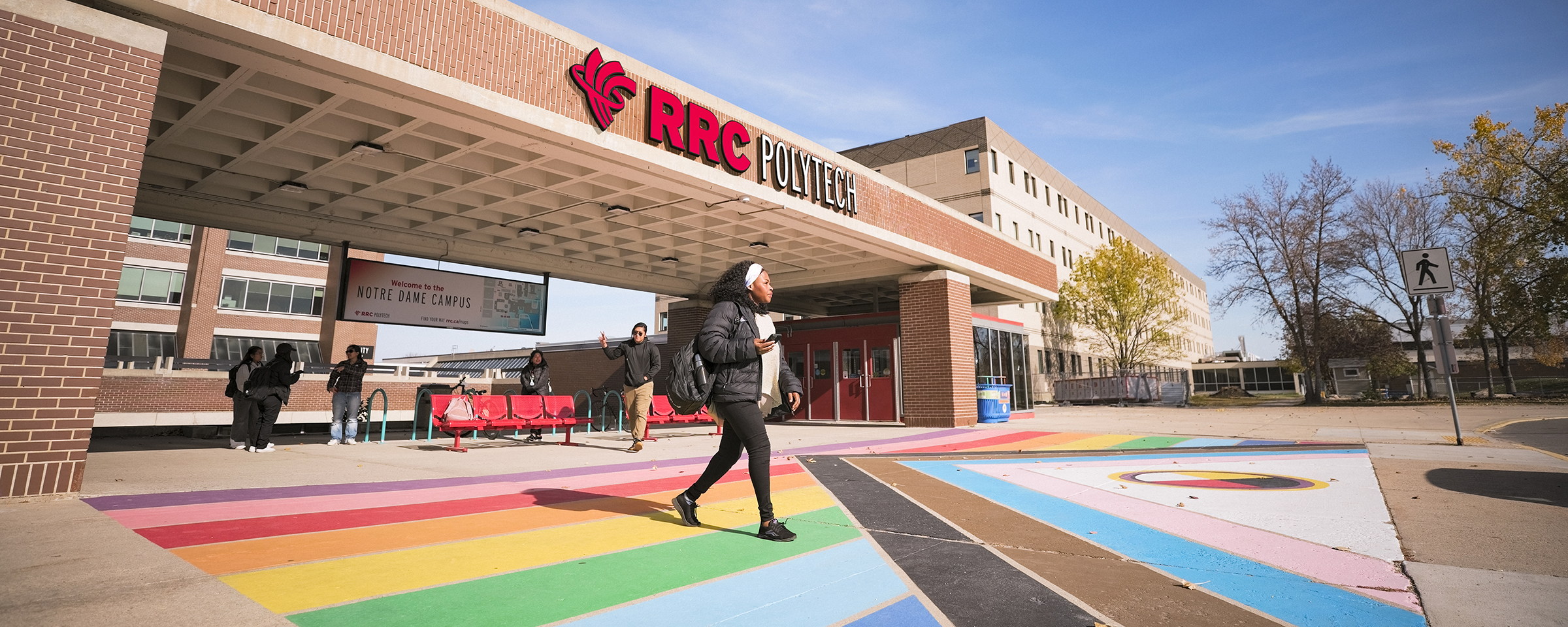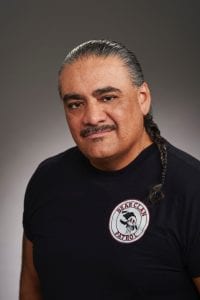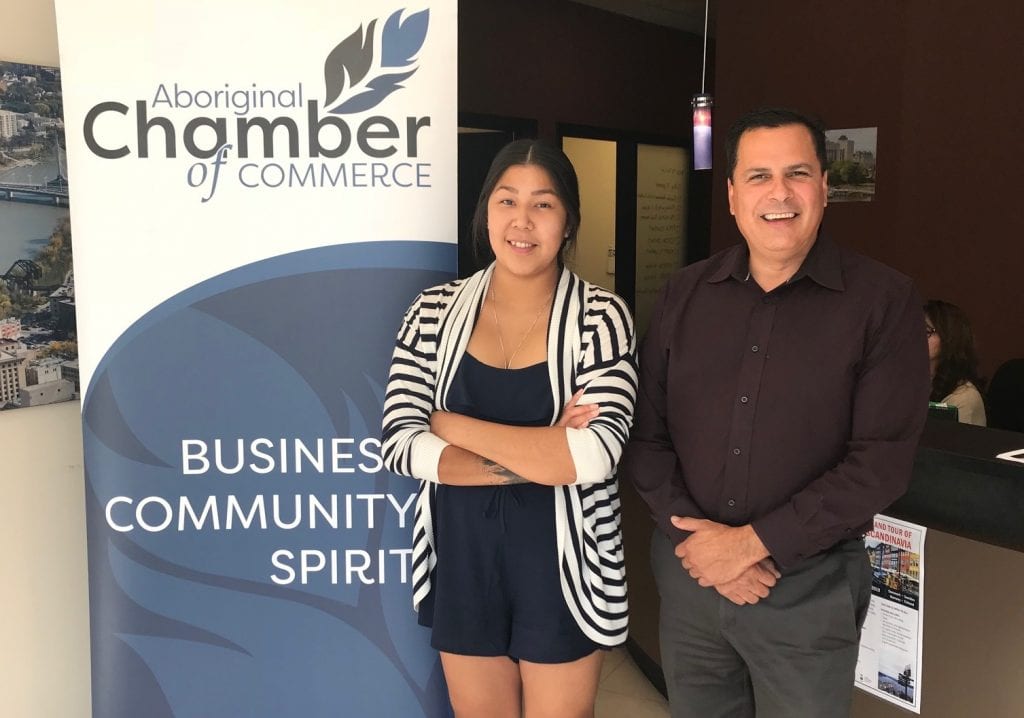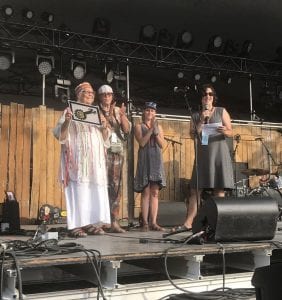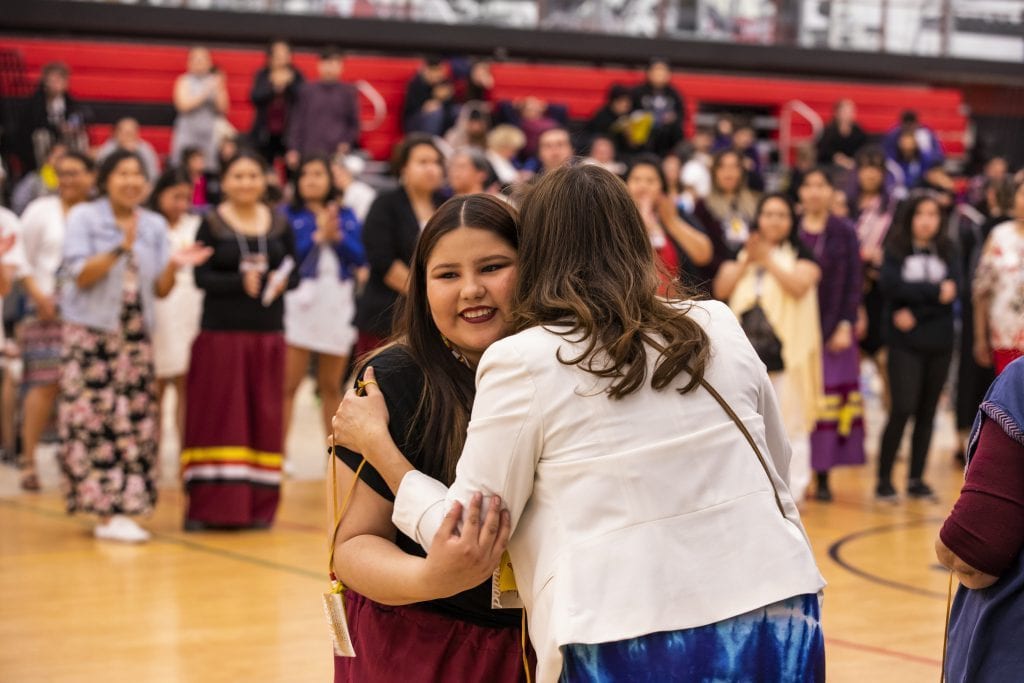College appoints new Truth and Reconciliation Manager to lead in commitments to Indigenous Education Blueprint
 As part of its commitment to advancing Indigenous achievement while strengthening ties between Indigenous and non-Indigenous communities, Red River College has appointed its first Manager of Truth and Reconciliation and Community Engagement.
As part of its commitment to advancing Indigenous achievement while strengthening ties between Indigenous and non-Indigenous communities, Red River College has appointed its first Manager of Truth and Reconciliation and Community Engagement.
Carla Kematch will lead the College in its commitment to Manitoba’s Indigenous Education Blueprint, a pledge to advance Indigenous education in the province — and to make Manitoba a centre of excellence for Indigenous education, research, languages and culture.
As one of nine post-secondary signatories to the Blueprint — which takes action on recommendations made by the Truth and Reconciliation Commission of Canada — the College recognizes it has an important, proactive role to play in supporting reconciliation efforts in the province.
“A key priority for the College is to strengthen our partnerships and continue to advance Indigenous achievement in our communities, and education is the key to improving the lives of Indigenous people and to improving Indigenous and non-Indigenous relations across Canada,” says Rebecca Chartrand, RRC’s Executive Director, Indigenous Strategy.
“Our role as a college is to ensure we create the programs, supports and opportunities that allow Indigenous people to demonstrate their leadership and innovation in all facets of our society. We are looking forward to the skills, experience and perspective that Carla will bring to the team as we address Truth and Reconciliation throughout the College.”
Kematch arrives at RRC with 30 years’ experience working within Indigenous communities in a variety of capacities, including the development of training programs for staffs, community clients, board members and other partners, in areas such as policy development, needs assessment, implementation plans, and evaluation and delivery of group training. Read More →
